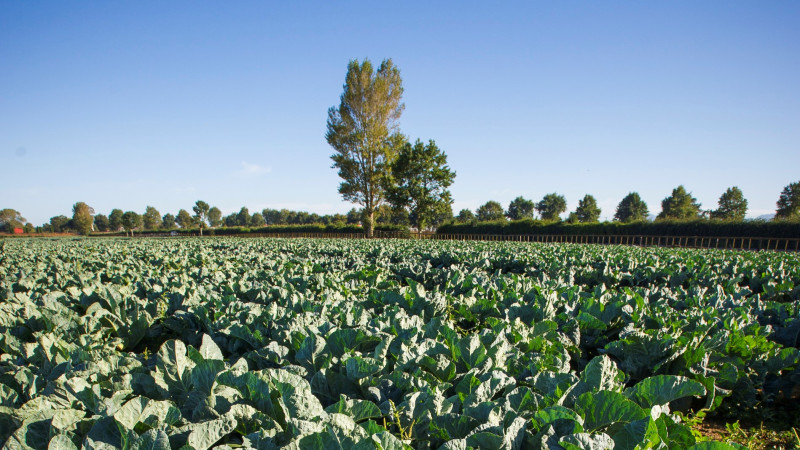Air quality and discharges to air are regulated under the RMA framework - any updates on national-level policy and regulations for air discharges will be added to this page.
- The National Environmental Standard for Air Quality sets out a minimum level for the purpose of health protection for PM10 , carbon monoxide, nitrogen dioxide, sulphur dioxide and ozone. The NESAQ is implemented by Councils.
- Regional plans include rules that manage air discharges also - activities including outdoor burning, boilers or other fuel burners, agrichemical spraying. Click here for regional policy updates.

